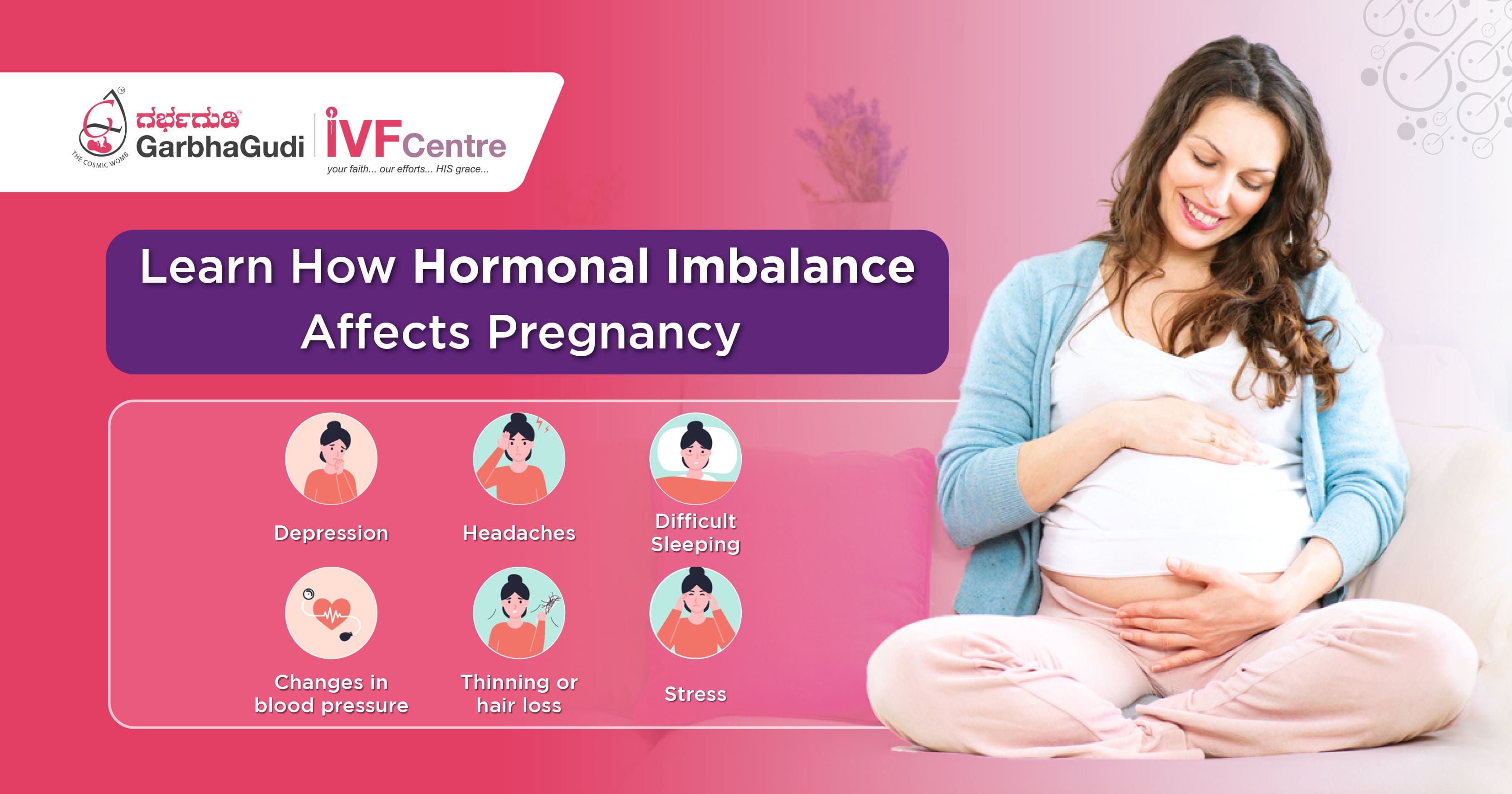Learn How Hormonal Imbalance Affects Pregnancy

Hormones play a crucial role in controlling the body’s vital functions. These are produced by the endocrine glands and travel through the bloodstream. Being responsible for regulating metabolism, reproduction and more, it becomes essential to ensure that there is no hormonal imbalance in the body because small fluctuations of certain hormones can create an adverse impact, especially on your fertility quotient.
The imbalance of some hormones can significantly affect the ability of an individual to conceive. It’s necessary to understand that hormones regularize the menstrual cycle, prepare the body for pregnancy, help in the ovulation and protect the unfertilized eggs. If any of these processes are out of balance, it becomes difficult for a woman to get pregnant, leading to infertility.
Again, it becomes inevitable to maintain proper hormonal balance during pregnancy as it becomes important to ensure the appropriate development of the growing baby. Hormonal imbalance during pregnancy can also cause a range of problems such as gestational diabetes, low or high birth weight of the baby or even miscarriage.
Signs & Causes of Hormonal Imbalances
Hormones constantly fluctuate during adolescence, pregnancy, breastfeeding, menopause and other phases of a woman’s life. If any unusual symptoms arise, then it should probably be the indicator of hormonal imbalance.
The most common hormonal imbalance in females leads to a condition called PCOS. The symptoms associated with it are:
• Irregular periods
• Excessive hair growth
• Acne
• Hair loss
• Skin tags
• Pelvic pain
• Headache
• Frequent headaches
• Excessive sweating
• Changes in cervical mucus
Another most prevalent trigger for hormonal imbalance is the thyroid or adrenal glands. Women dealing with these issues should carefully monitor their hormones during pregnancy and be extra cautious.
Other Causes of Hormone Imbalance
• Age
• Weight
• Side effects of certain medications
• Allergies
• Stress and anxiety
Treatments for Hormonal Imbalance
Based on the type of hormonal imbalance you are experiencing, your doctor might prescribe medication or lifestyle changes to help you cope with your condition. This can include:
• Weight loss
• Diet modifications
• Hormonal birth control
• Hormone therapy
When is the right time to check your hormone levels?
Every woman is different, and experiencing infertility is not the same for all, making it hard to decide when it's time to take action. But if you haven't conceived after six to twelve months of trying, and your cycles are irregular, now is the best time to get evaluated. Never hesitate to consult your doctor and fix things at the right time.